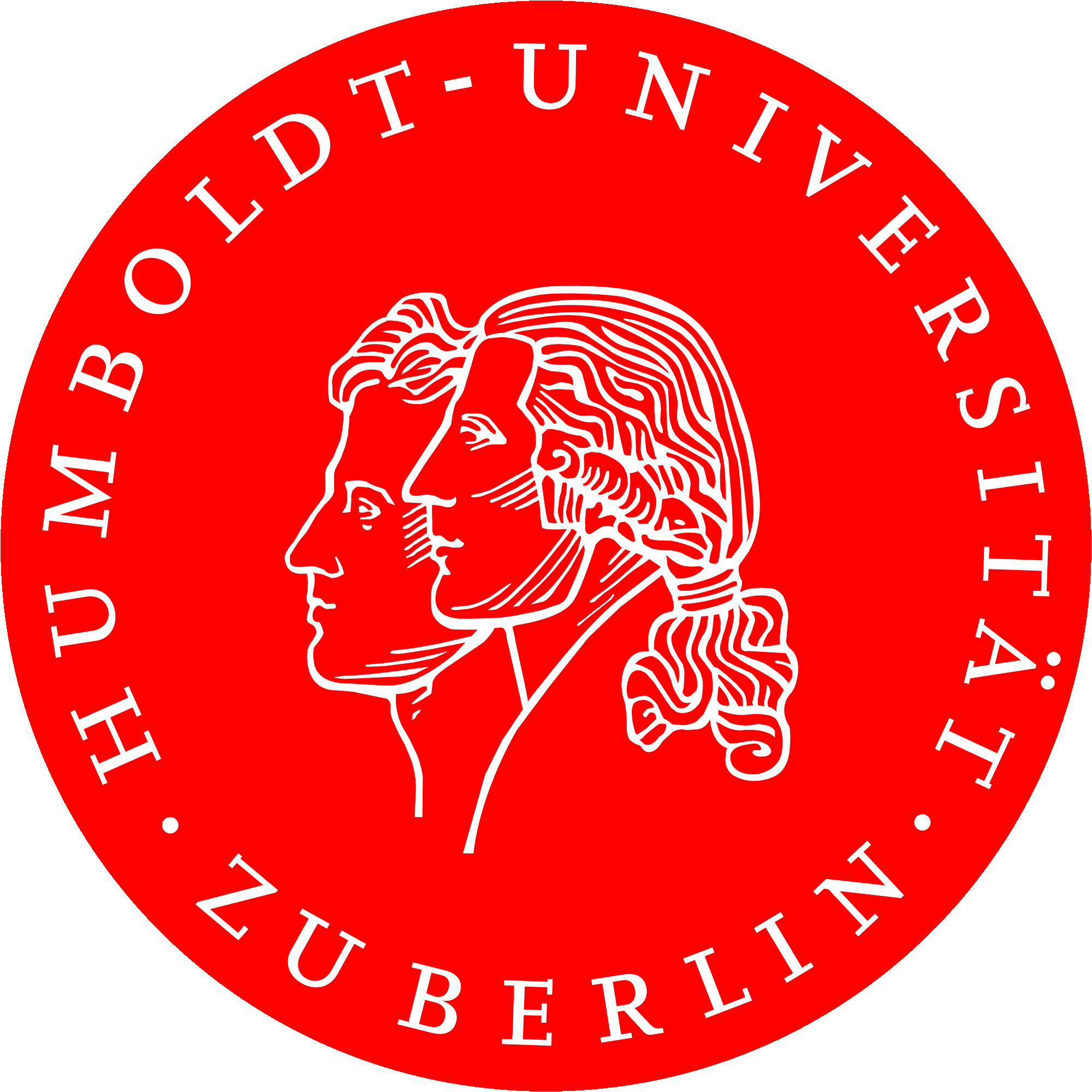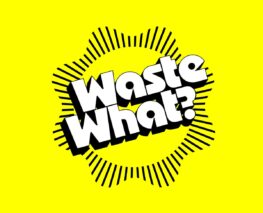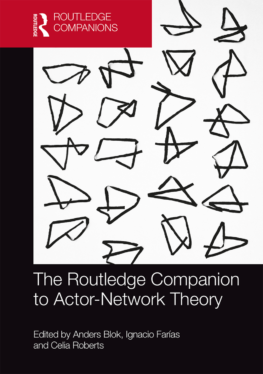Publications
Featured publications
All the publications by year
WASTE WHAT? is an open-source cooperative game, which explores how we can think about materials differently, trying out many ways to keep stuff in use.
In diesem Text wollen wir zum einen das Stadtlabor für Multimodale Anthropologie am Institut für Europäische Ethnologie der Humboldt Universität zu Berlin vorstellen und über unsere Projekte der letzten Jahre reflektieren.
In this collective text, we introduce the vision and work of the Stadtlabor for Multimodal Anthropology at the Humboldt-University of Berlin and propose to explore the values of multimodal ethnographic projects, broadly construed.
The 'Sonnenallee Podcast' project (awarded the Multimodal Projects Fund, WiSe21-22) discusses urban negotiations of space and time in open-ended conversation formats with guest speakers: what affects condition the notion of public space in Sonnenallee? How is public space understood in light of the complex system of identifications in and around the street? And how can such stories creatively challenge the reductivist attitudes facing migrant groups in the public space?
Outlining the basic principles of a new academic field, Socio-gerontechnology, this book explores common conceptual, theoretical and methodological ideas that become visible in the critical scholarship on ageing and technology at the intersection of Age Studies and Science and Technology Studies (STS).



